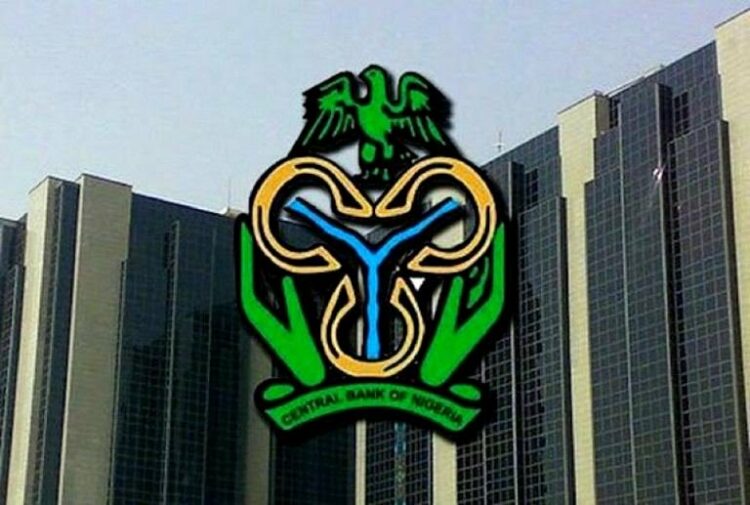The capital importation into the country fell by 32 percent to $500m in October 2021, from $660m recorded in September, the Central Bank of Nigeria (CBN) has revealed.
The apex bank disclosed in its latest monthly economic report (October) recently released on the bank’s official website.
The decline is a negative turnaround from the increase recorded in September when capital inflow rose by $220m from $440m in August.
The bank’s report also shows that there is a corresponding decline in investment inflows from the United Kingdom, South Africa and other countries leading the pack in capital importation into Nigeria.
A breakdown of the inflows recorded in October shows that foreign portfolio investments dominated capital importation with a value of $330m.
The CBN said, “New capital importation decreased by 32.0 per cent to US$0.50bn in October 2021, from US$0.66bn in September 2021.
“Disaggregation of capital importation by type of investment shows that foreign portfolio investment inflow (mainly money market instruments), at US$0.33bn, decreased by 34.0 per cent, relative to the US$0.50bn in September 2021.
“Despite the decline, portfolio inflow remained dominant in total foreign investment, accounting for 65.0 per cent.
“The inflow of other investments, mostly loans, was US$0.14bn or 28.2 per cent of the total, a slight increase from US$0.13bn in September 2021.”
The CBN report also noted that foreign direct investment accounted for only 6.8 percent of capital inflows in October at $30m.
The central bank said financing led the chart representing 47.4 percent, banking stood at 13.8 percent, shares got 12.9 percent while trading was 8.9 percent.
The CBN said, “Capital importation by country of origin indicates that the Republic of South Africa led the pack (46.1 percent), followed by the United Kingdom (16.4 percent) and Singapore (10.0 percent). The Netherlands contributed 9.5 percent, the United States of America (9.4 per ent), Guinea (2.0 percent), Mauritius (1.8 percent), United Arab Emirates (1.0 percent), Czech Republic (0.9 percent), and Denmark (0.9 percent). Others accounted for the balance.
“Analysis of capital importation by destination (states), reveals that Lagos and Abuja were the main recipients with US$0.44 billion (or 88.3 percent) and US$0.06 billion (or 11.7 percent) of the total, respectively.”









